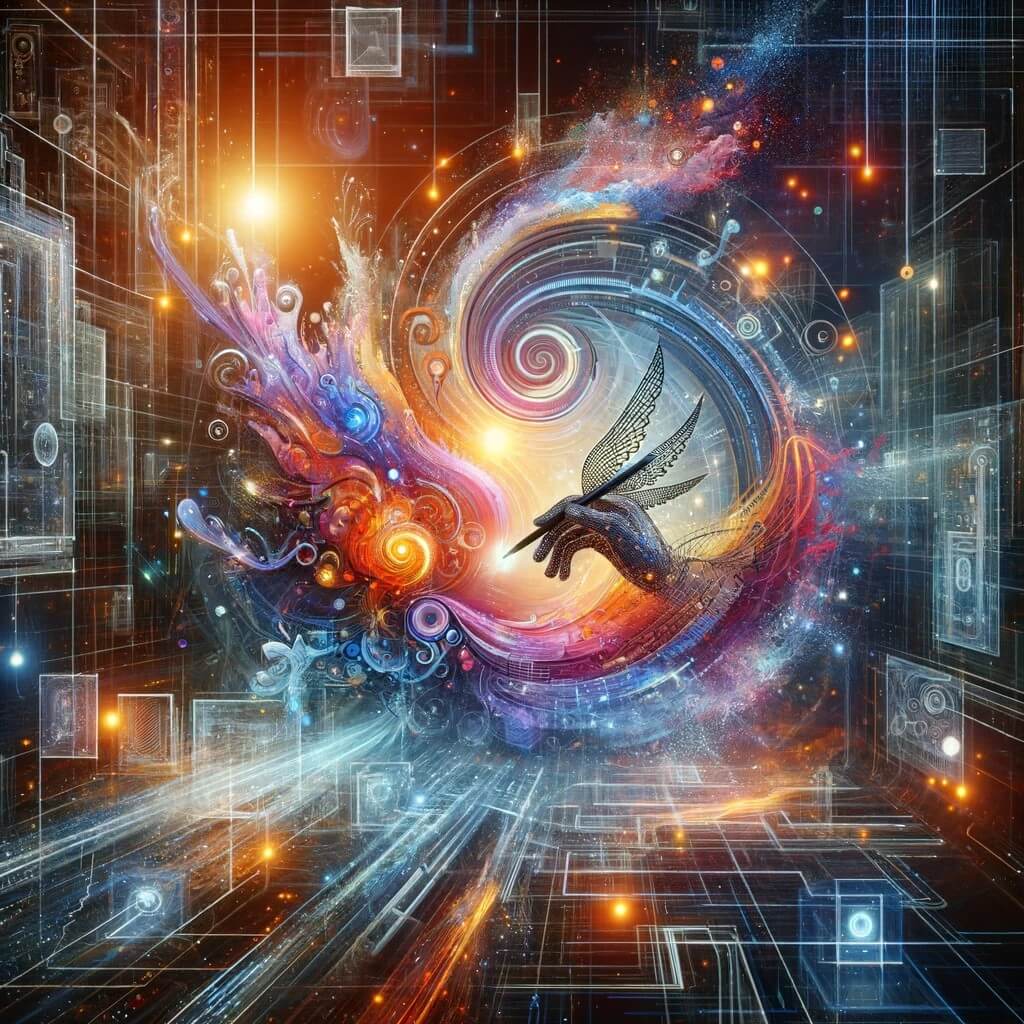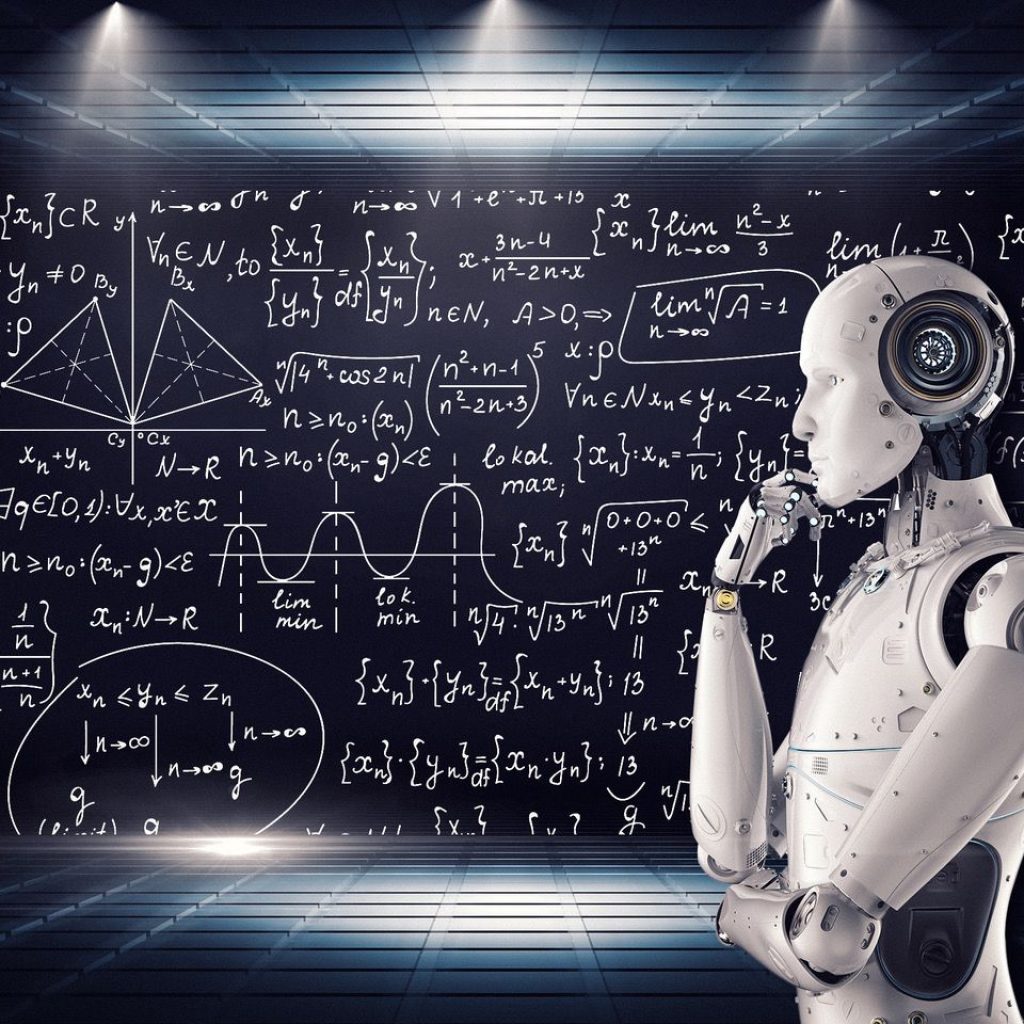In a startling revelation that has sent shockwaves through the creative community, thousands of artists find themselves entangled in a legal battle against Midjourney, a startup accused of unlawfully profiting from their intellectual property. The crux of the matter lies in a spreadsheet submitted as evidence in an ongoing copyright lawsuit, which alleges that Midjourney’s AI picture generator has been systematically mimicking or imitating the styles of over 4,700 artists without their permission.
The heart of the controversy lies in a spreadsheet presented as evidence in a copyright lawsuit against Midjourney. This document purportedly cataloged thousands of artists whose work the startup’s AI could replicate. The lawsuit, centered in northern California, argues that Midjourney’s text-to-image tool allows the AI to copy artists’ styles without permission, violating US copyright laws. The list, curated by Midjourney, spans a diverse range of artists, from iconic figures like Andy Warhol and Norman Rockwell to a six-year-old winner of a Magic The Gathering card art competition that raised funds for a hospital.
The allegations and details of the lawsuit against Midjourney
The artists involved in the lawsuit contend that Midjourney and other text-to-image developers, including Stability AI, Runway AI, and DeviantArt, have lifted copyrighted images to train their machine learning models. These models, in turn, are made available to the public, enabling users to produce potentially infringing works without permission or compensation to the original creators. The plaintiffs argue that such practices not only violate their rights but also flood the market with knock-off works, causing financial harm.
The lawsuit takes a step further, claiming that Midjourney CEO David Holz compiled the list of artists intentionally. The allegation suggests that Holz collected the names in a Google Sheet with the express purpose of users and licensees utilizing these names as terms in input prompts. The objective was for the software to identify and mimic specific styles associated with these artists whenever mentioned in prompts, creating a potentially endless loop of imitation.
The ongoing legal battle originated with illustrators Sarah Andersen and Kelly McKernan, alongside painter Karla Ortiz, leading the charge in an AI copyright dispute. While some claims were dismissed by Judge William Orrick, the latest court documents reveal an expansion of the class-action lawsuit with the list of names as Exhibit J, highlighting the widespread impact of Midjourney’s alleged practices.
Supporting evidence and Discord conversations
Supporting evidence presented in court includes screenshots of internal conversations among Midjourney staff, including CEO David Holz. The messages discuss copyright infringement and the deliberate scraping of artists’ work for training datasets. The lawsuit alleges that Holz and his team knowingly used scraped datasets and suggested forgetting the origin to circumvent legal issues.
As the lawsuit unfolds in northern California, the creative community awaits the resolution of this groundbreaking case. The allegations against Midjourney raise crucial questions about the ethical use of AI in the creative sphere and the responsibility of tech companies in protecting artists’ intellectual property. Will this legal battle set a precedent for the future of AI-driven creative tools, or will it further blur the lines between inspiration and imitation in the ever-evolving landscape of digital art?





